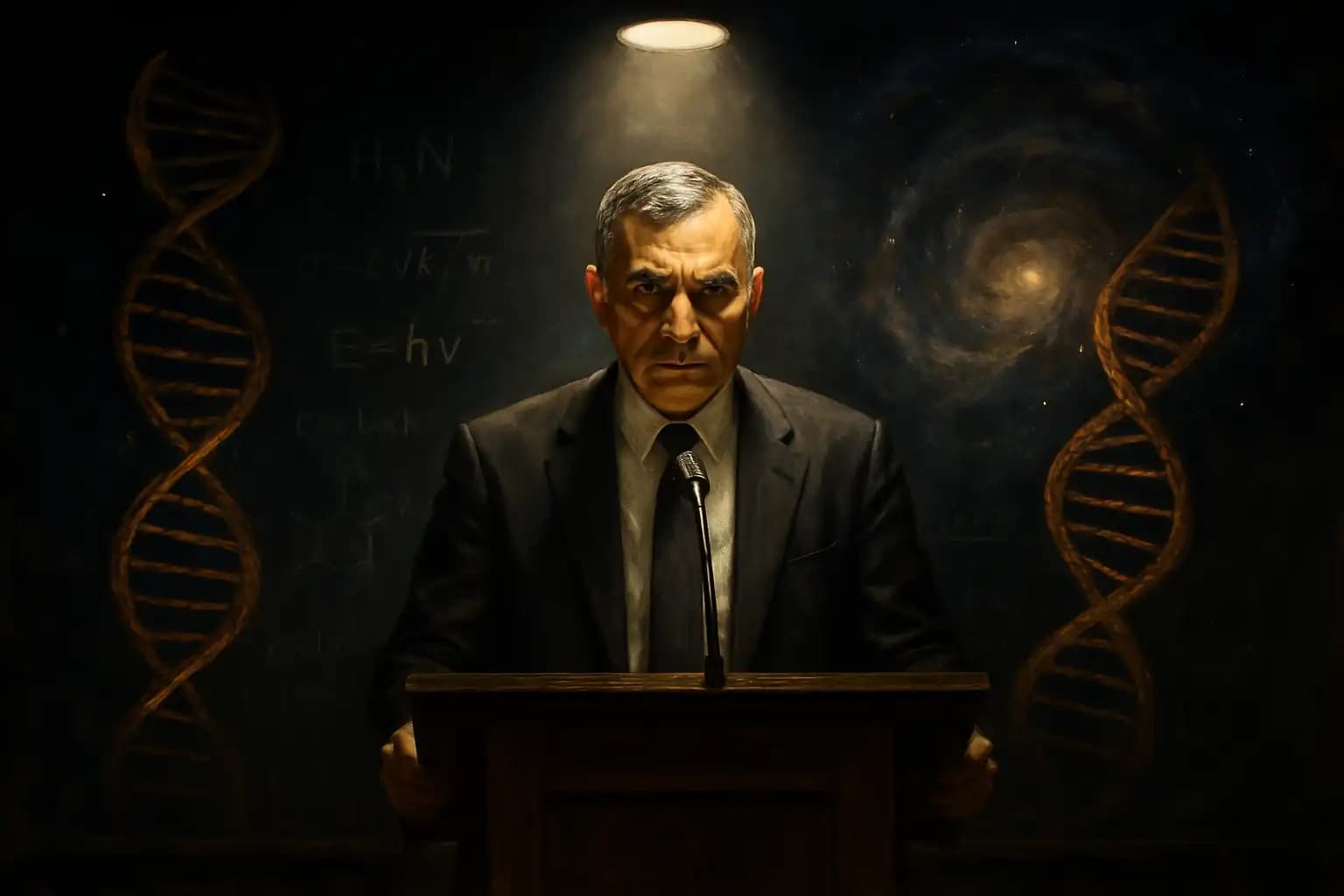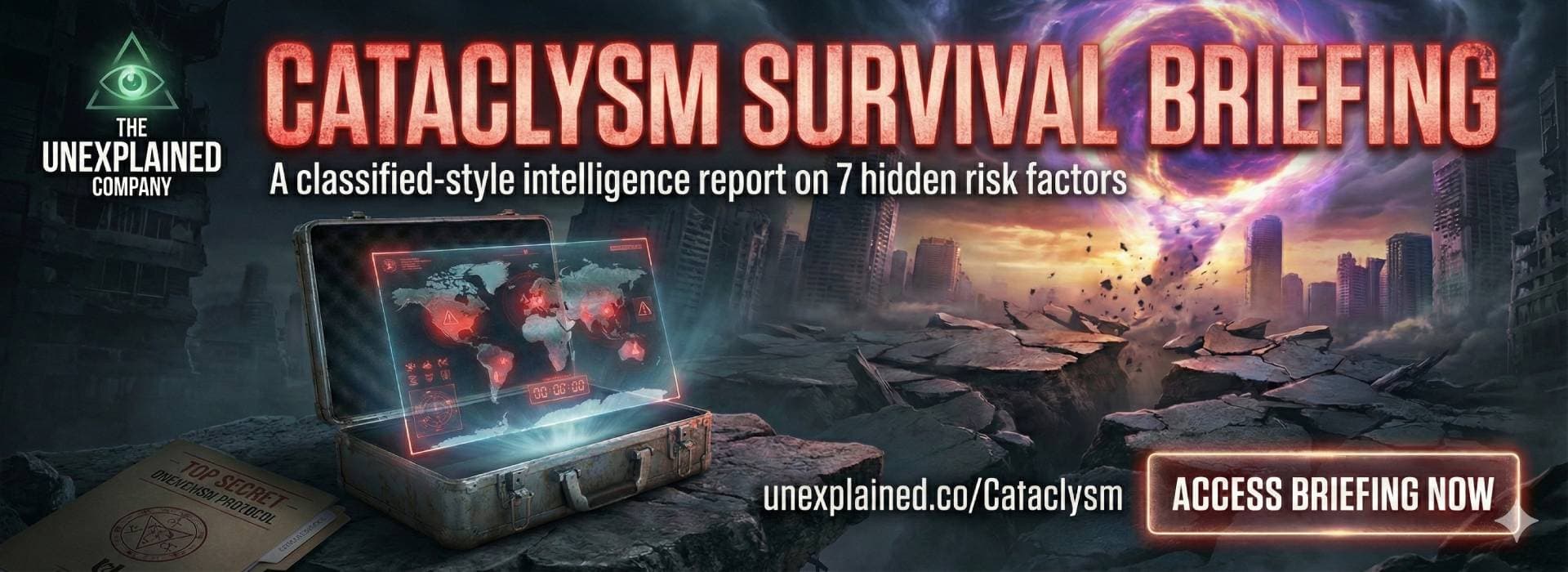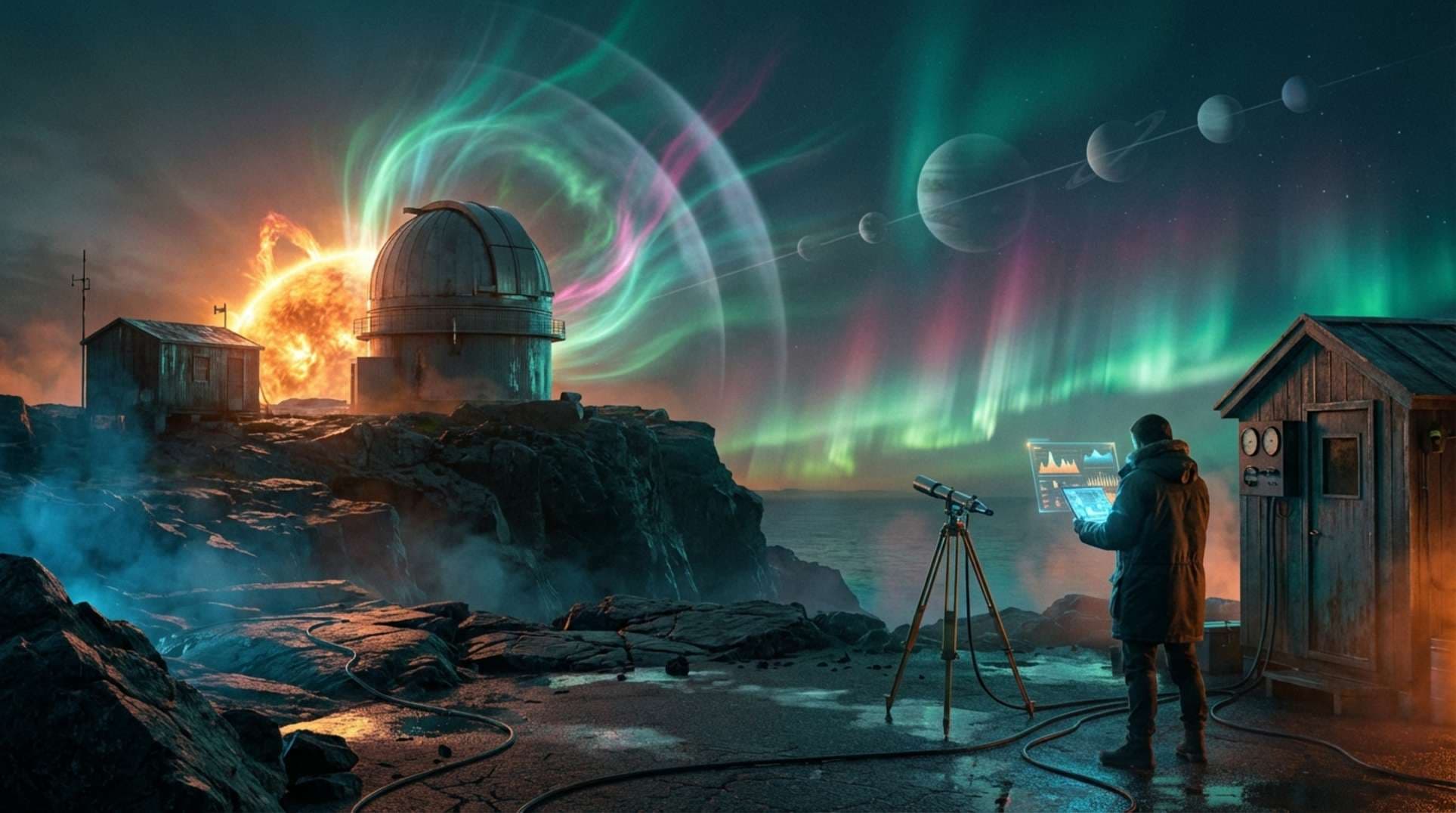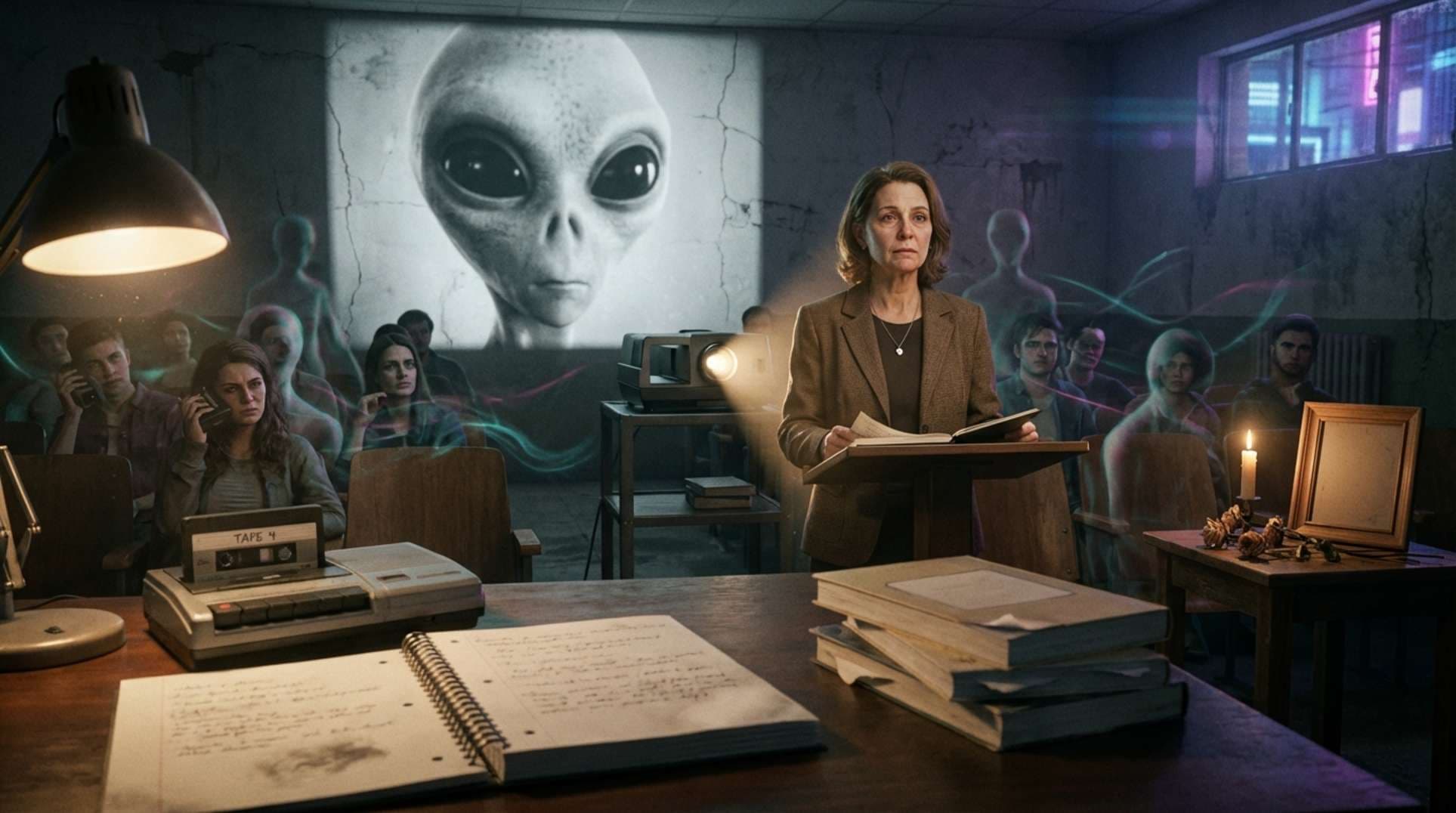“Most people have never heard anything like this before!” Dr. James Tour, a prominent synthetic chemist and outspoken Christian, launches his compelling case for God’s existence with this statement. He blends molecular biology, cosmology, and personal conviction to engage his audience in the cosmic courtroom, where faith and science contend over one critical question: Is there 100% proof God is real?
Before we explore this question, let’s address the major issue: No peer-reviewed experiment has resolved the God debate. Dr. Tour’s approach, like others at the intersection of faith and science, draws insights from biochemistry and the intricate complexity of life’s building blocks. Supporters argue this complexity points toward intelligence rather than chance or necessity. Tour and others, summarized in discussions at the Institute for Creation Research and UCG’s catalog of proofs, present arguments about cellular machinery’s molecular structure and cosmic fine-tuning. Critics, as discussed in philosophical forums, claim these arguments reveal more about human psychology than supernatural design.
The Science Behind the Argument: Complexity and Origin of Life
Tour often highlights the unresolved issue of abiogenesis—the puzzle of how life emerged spontaneously from non-living matter. In his lectures, he dismantles claims that chemists have even vaguely “proven” life’s origins, exposing gaps in our understanding of prebiotic chemistry and replicating cellular components. This critique fuels his belief that some guiding hand or mind must be involved, reminiscent of ancient enigmas or catastrophic events that reset civilizations (evidence from the volcanic winter).
Tour faces criticism from both scientific and secular philosophical communities. Articles on GCRR argue that the absence of definitive scientific proof does not itself disprove a creator. Skeptics view Tour’s reliance on complexity as a restatement of the “God of the Gaps.” Nevertheless, this debate has ignited the public’s quest for new evidence—found in quantum randomness, mathematical codes in nature (see the code-based argument), or cosmological constants.
Arguments for God: Classical and Contemporary Debates
Tour’s apologetics represent a modern entry in centuries of metaphysical debates. Classical arguments—such as the cosmological reasoning of Plato, Aristotle, and Aquinas; Descartes’ ontological logic; Calvin’s “sensus divinitatis;” and the Islamic kalam tradition—present logical chains asserting that something must explain not just the universe’s existence but also its order, law, and consciousness (overview of arguments for the existence of God).
Modern defenders, like Alvin Plantinga and William Lane Craig, and critics, such as Graham Oppy and Richard Dawkins, have sharpened the debate. However, even after centuries of dialogue, philosophers acknowledge that ultimate proof remains elusive. Dawkins’ spectrum of belief—with 100% theist on one end and 100% atheist on the other—reveals that certainty often resides in the mind, while the external world remains ambiguous. This might explain the blurry boundary between spiritual experiences and unexplained phenomena, mirroring the lines between ancient rituals and contemporary scientific discoveries—sometimes echoing uncanny events in cultural explorations of urban supernatural legends.
Cultural and Scientific Impact: Why the Question Persists
Regardless of which side you choose, science’s thirst for ultimate explanations has not diminished religious belief; it has intensified it. The universe’s cosmic scale and its unfathomable order fuel existential curiosity, inspiring tales as vast and dramatic as those surrounding rogue AI (the existential dread explored by Hinton) or the origins of secret societies and deep states (see pipelines of hidden power).
Public figures like Dr. Tour encourage both believers and skeptics to weigh personal experience against empirical data, often leading to convictions stronger than odds suggest. This very persistence—the reluctance of either side to yield—has embedded the God debate into the fabric of Western philosophy, affecting law, art, scientific funding, and cultural survival stories (explore prophecy and disaster).
The Limits of Proof, the Reach of Meaning
So, is there 100% proof of God’s existence? Scientific publications remain skeptical. Yet Dr. James Tour insists—backed by passionate researchers, armchair philosophers, and curious souls—that powerful clues exist, and for many, personal evidence feels overwhelming. Faith, complexity, and wonder hold more sway than laboratory certificates. Whether the next breakthrough surfaces in a petri dish, a philosophical essay, or a vision straddling science and myth, fresh debates and deeper mysteries will unfold at Unexplained.co.





